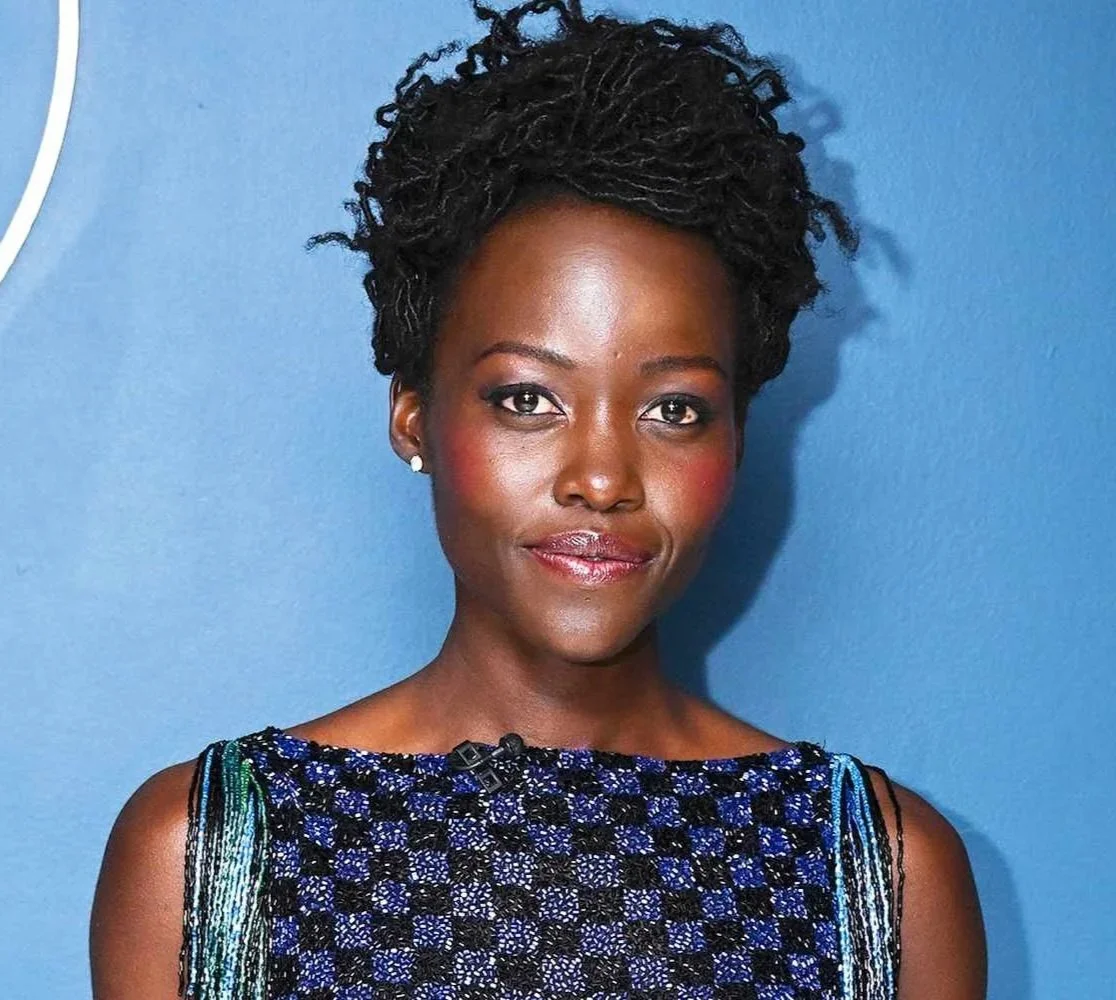From Houston to Hollywood: Megan Thee Stallion, Lupita Nyong’o, and the Legacy of Black Philanthropy
Giving has been at the heart of the Black community for centuries. It is the pulse that reverberates the love we have for one another, the way we nurture our families, and build futures where Black people are centered in care. For us, giving has always been more than charity; it is a multi-faceted act interwoven in our shared identity and is one that is so integral to our survival. From the pooling of resources through mutual aid societies, to church offerings, to neighbors sharing meals and child care, Black giving has long sustained our community in the face of anti-Black racism and dehumanization, laying both the groundwork for survival and the foundation for contemporary Black philanthropy.
This legacy of giving is far from a relic of the past. It continues to pulse through contemporary life, shaping how Black communities care for one another—both in intimate, everyday ways and collective, public acts of generosity. Contemporary examples of Black Philanthropy are displayed throughout Black people's personal, quotidian lives and in more publicized events. Black grandmothers paying tithes at their local churches, Black teachers organizing back-to-school drives for their students, and Black advocates delivering care packages to protestors all represent the legacy of Black giving. Conversely, public events like benefit concerts headlined by Black musicians, inaugural Black-led galas, and funding scholarships for Black students in the arts show the power of the Black dollar and community-centered care in uplifting our communities.
This Black Philanthropy Month, we celebrate two remarkable philanthropists, Grammy Award-winning rapper Megan Thee Stallion and Academy Award-winning actress Lupita Nyong’o, whose generosity bridges the personal and public. Through charitable acts centering and uplifting the Black lived experience, advocacy and visibility, and investment to change healthcare issues that disproportionately affect Black communities, they invite us to broaden our definitions of giving, leadership, and impact.
Through the Pete & Thomas Foundation, Megan Thee Stallion invests in education, housing, and health initiatives that uplift communities and address systemic inequities. Lupita Nyong’o, meanwhile, has partnered with the Foundation for Women’s Health (FWH) to launch a Uterine Fibroid Research Grant, confronting a critical healthcare issue that disproportionately affects Black women. Both Megan’s and Nyong’o’s work continues the multi-faceted legacy of Black giving by leveraging their public platforms and personal commitments to address urgent needs, invest in long-term community wellbeing, and affirm the power of Black-led giving to create lasting social change.
Hotties Helping: Megan Thee Stallion’s Legacy of Care, Community, and Collective Uplift
Megan’s Pete & Thomas Foundation provides resources for women, children, senior citizens, and underserved communities in Houston, Texas, and globally. Through initiatives spanning emergency relief, education, health & wellness, and housing, her foundation embodies the tradition of Black communal care and the legacy of Black philanthropy—mobilizing resources, volunteers, and visibility for our communities.
By grounding her philanthropy in her family’s legacy, Megan links personal tribute to the broader traditions of mutual aid, resilience, and empowerment that have long defined Black communities. Her giving is not merely transactional; it is relational, underscoring cultural values of reciprocity, collective responsibility, and care for the most vulnerable. Through the Pete & Thomas Foundation, she carries forward a holistic approach that has characterized Black-led giving for generations—one that extends beyond financial contributions to include leadership, advocacy, and the mobilization of community networks.
Her initiatives—particularly those celebrating Black women and girls—are acts of cultural affirmation, ensuring that community uplift remains intertwined with joy, creativity, and self-determination. In doing so, Megan joins an enduring constellation of Black women philanthropists whose leadership in giving is inspired by community and a commitment to holistic care—transforming private conviction into public action and collective progress.
Like Lupita Nyong’o, who channels her platform into health equity for Black women on a global stage, Megan reminds us that Black philanthropy takes many forms—always rooted in community, culture, and systemic transformation.
Lupita Nyong’o Leads a New Era of Black Philanthropy in Women’s Health
Last month, Lupita Nyong’o announced her partnership with the Foundation for Women’s Health (FWH) to fund groundbreaking uterine fibroid research aimed at developing minimally or non-invasive treatments to improve the lives of the 15 million people in the U.S. living with this chronic condition. In addition to this philanthropic commitment, Nyong’o joined members of Congress in Washington, D.C., to introduce a package of uterine fibroid bills that would expand research funding, increase early detection, and raise public awareness. Her advocacy and philanthropic efforts not only confront an under-researched health issue that disproportionately impacts Black women but also mark a breakthrough in contemporary health equity-centered Black philanthropy—one that ethically centers Black women’s gynecological health and directly challenges the exploitative history of Black women and gynecology.
In the tradition of Black philanthropy, Nyong’o’s efforts merge personal advocacy with collective responsibility, leveraging her platform to mobilize resources, raise awareness, and create systemic change for an issue too often left invisible in mainstream health discourse. Her work also reflects the core strategies that have historically defined Black philanthropy: combining mutual aid with systemic advocacy, using both grassroots efforts and institutional partnerships to close gaps left by traditional philanthropy and public systems. Just as mutual aid societies, church tithes, and freedom schools once pooled resources to meet immediate needs while pushing for structural change, Nyong’o’s work pairs direct investment in underfunded health research with federal advocacy to reshape public policy. This approach is a quintessential component of Black philanthropy.
Moreover, Nyong’o’s focus on uterine fibroids underscores how Black philanthropy often begins with the specific, lived realities of Black communities and expands outward to benefit all. Her philanthropy not only addresses a critical racial and gender justice issue but also advances medical innovations with broader implications for women’s health globally, meeting the specific needs of Black women while funding solutions that benefit all—exemplifying the power of Black-led giving to both heal and transform. This is emblematic of how Black-led giving has historically produced solutions that ripple beyond the Black community while never losing sight of its roots in justice and survival. Ultimately, this partnership aligns with a long lineage of Black women using their influence, resources, and networks to care for and protect their communities.
A Call to Invest in the Legacy and Future of Black Philanthropy
From the intimate acts of care in daily life to high-profile initiatives on national and global stages, Black philanthropy continues to shape the world with resilience and love. At English Hudson, we see the work of Megan Thee Stallion and Lupita Nyong’o not as isolated acts of generosity, but as powerful expressions of a larger, ongoing movement in Black-led giving. Their efforts affirm that Black philanthropy is not simply about giving; it is about preserving culture, honoring legacy, and reclaiming the power to define our lives on our own terms.
These stories also signal an urgent opportunity for the philanthropic sector to recognize and invest in the cultural dimensions of giving that traditional philanthropy too often overlooks. By embracing the transformative power of Black-led approaches to justice, care, and community well-being, funders can help reshape philanthropy into a true vehicle for equity and liberation.




